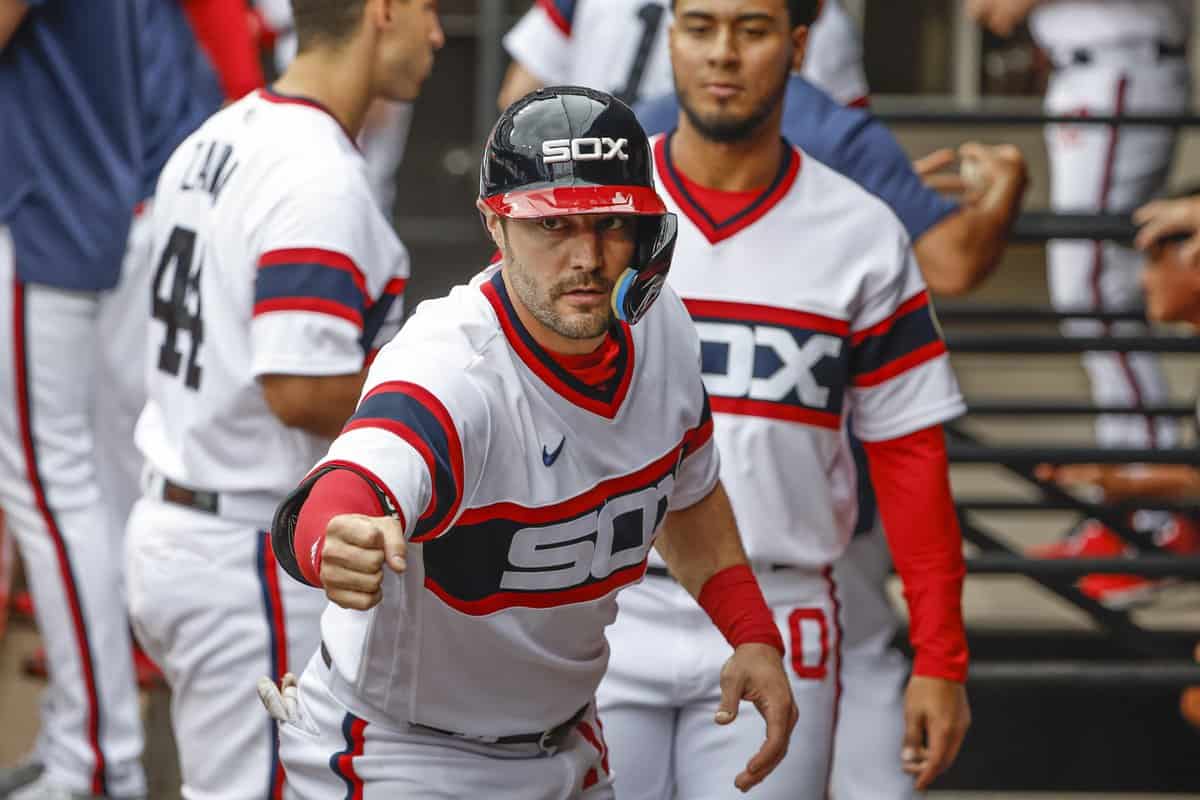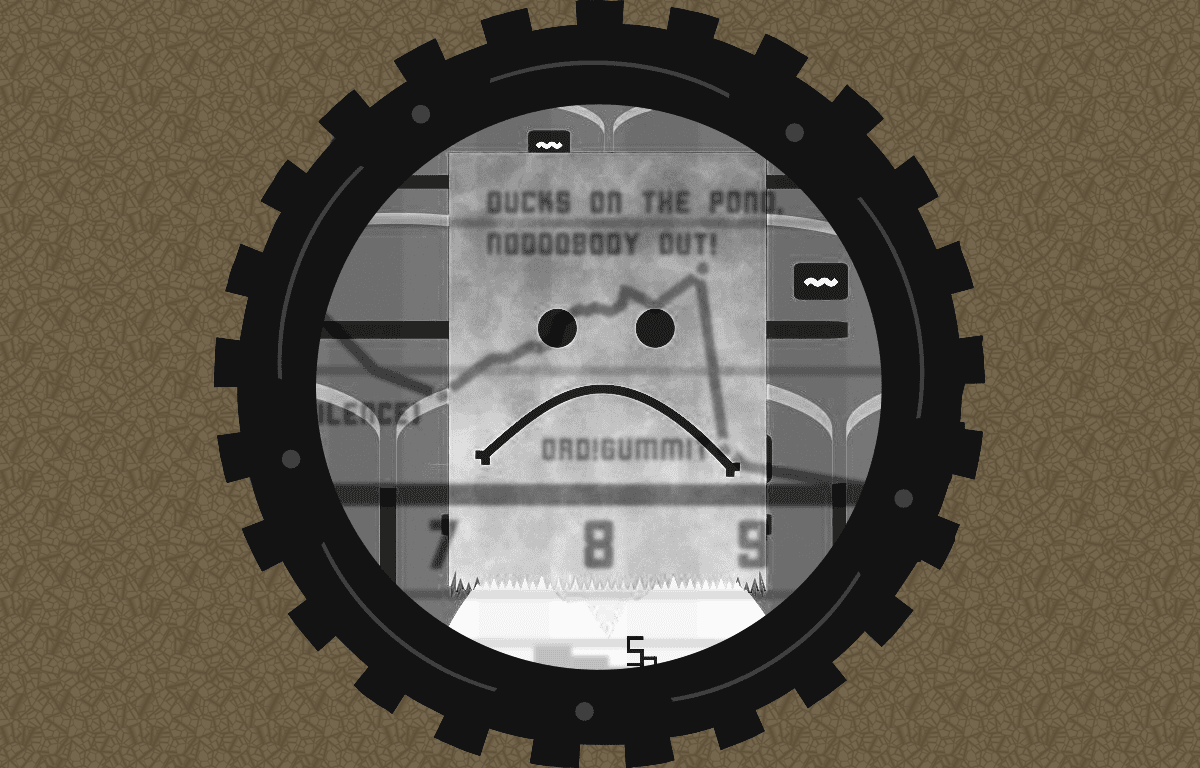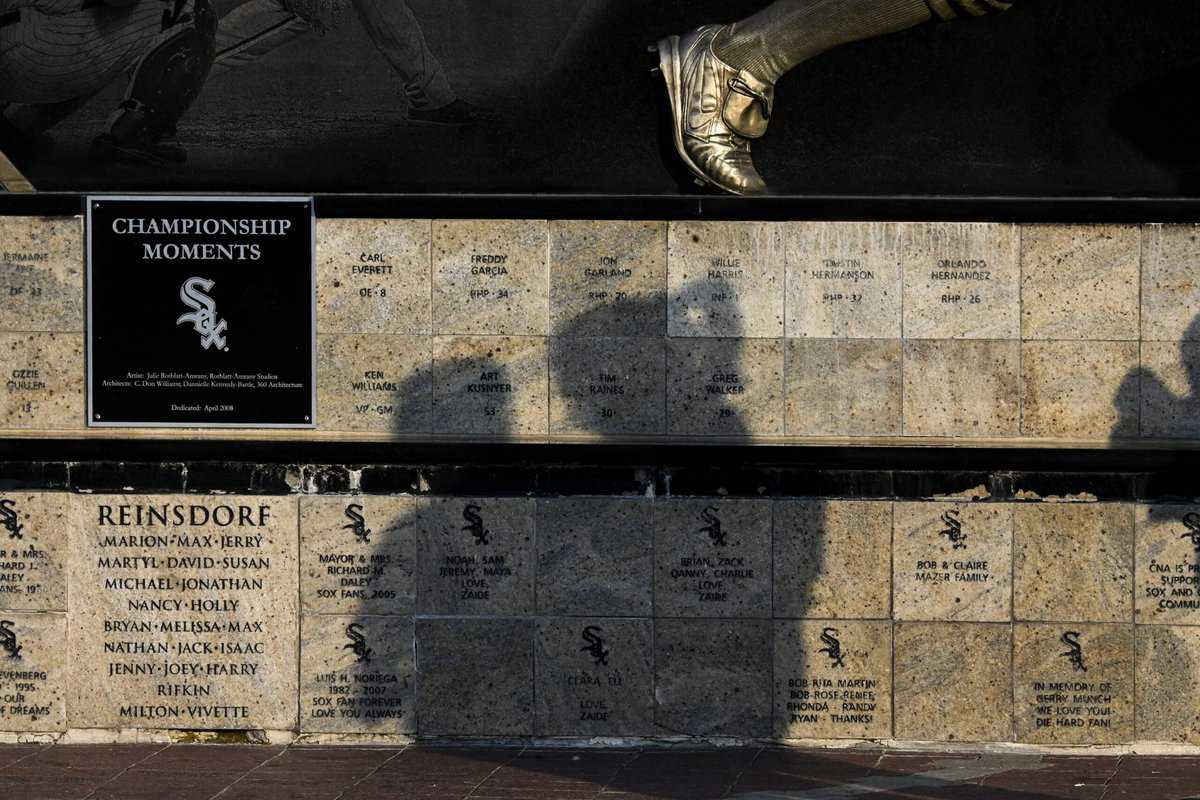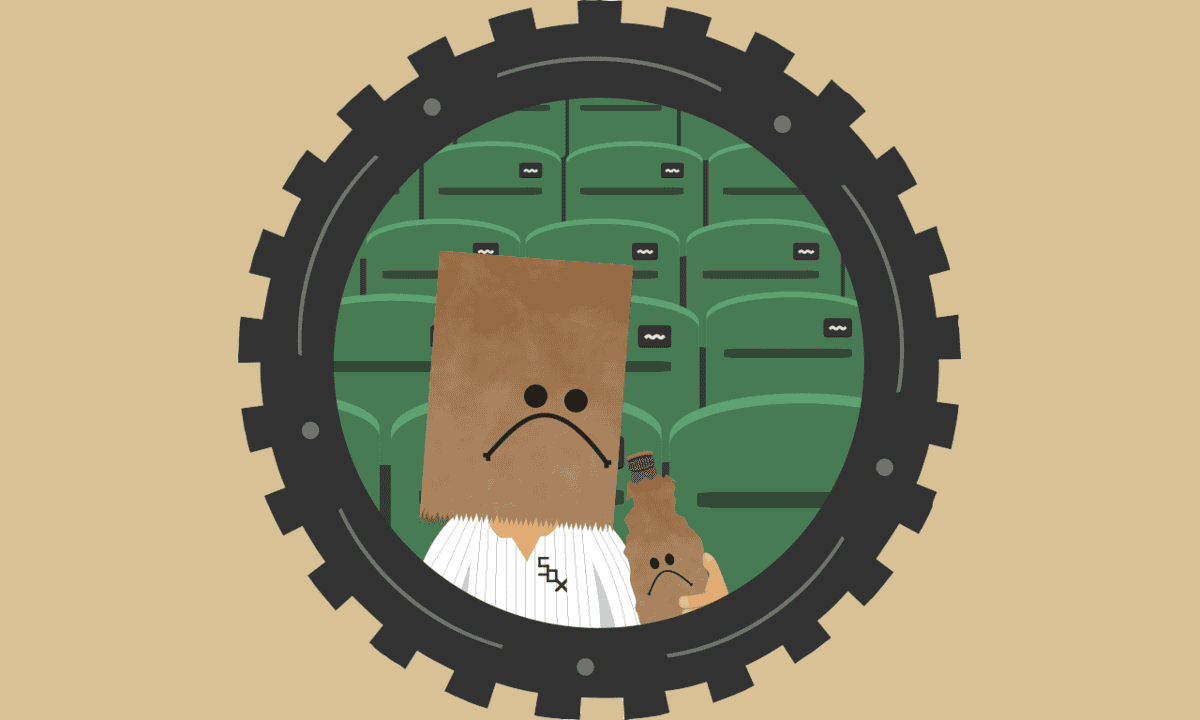The standings alone say that this is going to be a challenging week. Four games against the Astros, who have the American League's best record at 75-43, are followed by three games in Cleveland against the Central-leading Guardians, who have won nine of 13 games in August.
Adding to the difficulty? The White Sox are facing teams with the lowest strikeout rates in baseball. Houston is tied with Washington with the second-lowest K rate at 19.6 percent, and they're beaten only by Cleveland at 18.3.
As a pitching staff, the White Sox have the seventh-highest strikeout rate in baseball (23.9 percent), but in a battle of strength against strength, the White Sox's strength is weaker. Only the Colorado Rockies have struck out less frequently against Sox pitching than the Astros and Guardians, but that sample size is two whole games.
| Team | Record | K% |
|---|---|---|
| Guardians | 5-8 | 18.7 |
| Astros | 1-2 | 19.2 |
| Everybody else | 53-46 | 24.7 |
Michael Kopech, Lucas Giolito and Lance Lynn were able to lead a stat-padding effort against Detroit over the weekend racking up 39 strikeouts against five walks over the three games. They only faced 103 Tigers in total, so that's a 37.9 percent strikeout rate during the weekend. Despite the dominance, the White Sox won each game by only two runs, and each final score reflected the closeness of the game as it unfolded.
Now here come two teams who have whiffed half as frequently. If 38 batters come to the plate on average over the course of a game, that's an extra seven or so balls in play each night, which is a lot when you consider the quality of the White Sox defense, and all the positions you'd rather not see tested on a regular basis.
The problem with the White Sox is that they don't have an auxiliary strength to fall back to when the primary source goes out. They walk their share of batters, but don't walk much themselves. They yield homers at an average rate, but their HR/FB rate is the fourth-worst in baseball (with three other Central teams below them). They have the third-worst defense in the American League according to Defensive Runs Saved. They hit for average well enough, but without walks, extra-base hits and stolen bases, it's empty.
That's why hustle -- or the lack thereof -- has come to the forefront, even among people who might ordinarily regard it as eyewash. Running hard on routine plays may only come into play 3 percent of the time, but when you're losing in every other category, the missed opportunities on the margins stand out more than they should.
Likewise, that's why it was disproportionately refreshing to see the White Sox rewarded for max efforts that might have ordinarily gone overlooked.
On Saturday, José Abreu put himself in position to score the winning run by legging out an infield single, then tagging up from first to second on a deep fly. He barely made it safely to second if he was safe at all, so every foot counted.
On Sunday, Andrew Vaughn picked up a go-ahead RBI for a third straight game because he did his damndest to beat out a double-play ball. Unlike Abreu's plays, his hustle alone didn't determine the success. It required cooperation from Tigers first baseman Kody Clemens, who dropped a stretchable-but-catchable ball, but Vaughn went from being out by two steps to logging an RBI because double plays can't be assumed.
After the game, Vaughn, who offered the most support for Johnny Cueto after Cueto openly questioned the White Sox's fire, seemed to take some satisfaction with the lesson, because he didn't think he was safe when he ran through the bag.
It came as a surprise to Vaughn, who thought the inning was over.
“That’s why the helmet was on the ground,” said Vaughn with a wry smile. “I was running as fast as I could, I didn’t hear anything. Just trying to beat it out and didn’t think I did. I was frustrated in that situation, work on it all the time. Try to get the ball in the air." [...]
When asked if there was a difference between this weekend and previous games played, Vaughn responded: “Big time.”
There are two problems with emphasizing hustle, fire, effort, or whatever other labels are slapped on it. The first is that it should there should always be an adequate supply, even when accounting for players who might not be able to give 100 percent 100 percent of the time. If the White Sox aren't guilty of excessive loafing, then they're guilty of fielding an excessively injured roster.
The second is that it all sounds so ... quaint when you see a team like the Houston Astros come into town. The White Sox aren't the Mighty Ducks or the Little Giants, a team that can topple Goliathes if they just work hard and work together.
The hope is that the White Sox don't resemble such underdogs as the week unfurls, and there's reason to think it's possible. The starting pitching works. The bullpen works, especially when Reynaldo López is off the injured list and still looking worthy of high-leverage cameos. The offense, while still not cohesive, has more working parts with Vaughn, Eloy Jiménez and AJ Pollock all on hot streaks.
Or, all these strengths and assets are merely mirages made possible by the ineptitude of the 2022 Detroit Tigers. Ideally, we'd have a better idea of what the 2022 White Sox actually are after 115 games, but it's led to a week where the 116th, 117th, 118th, 119th, 120th, 121st and 122nd games might be among the season's most instructive.






